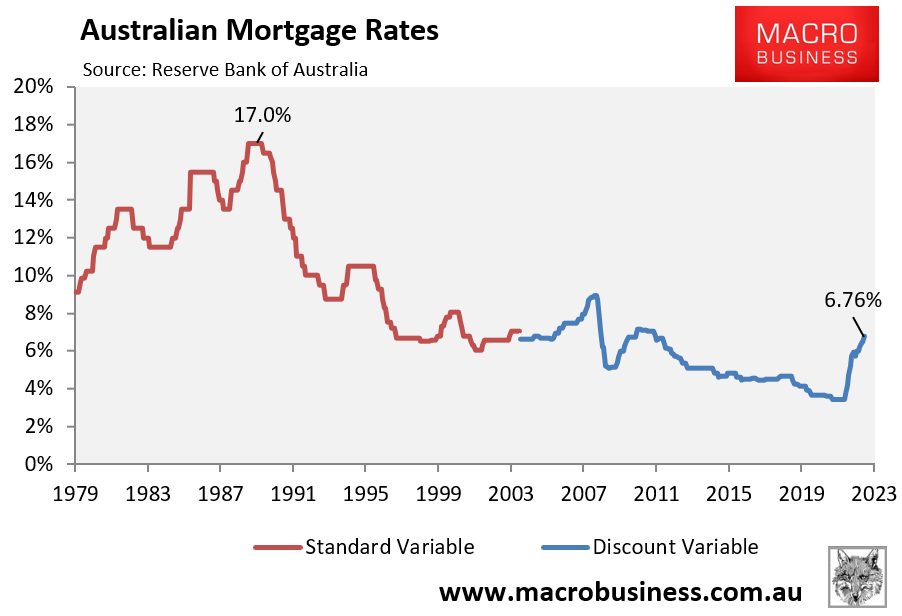It is commonly stated that it takes seven to ten years for property values to double.
However, according to analysis from PropTrack, the typical Australia took 15.4 years to double in value through May 2023.
It took even longer for units, almost 17.8 years nationally.

Sydney houses (9.6 years) and Hobart houses (6.8 years) were the big exceptions.
“While property prices have risen significantly since the beginning of the pandemic, it has taken many years for median prices to double to their current values across most parts of the country”, PropTrack notes.
“This highlights that as the cost of housing has increased, the percentage gains in prices have reduced”.
PropTrack director economic research Cameron Kusher also noted that macroprudential regulations such as serviceability buffers have also reduced access to finance in recent years while keeping price growth in check.
“Rising interest rates and much higher prices, along with other economic and demographic factors, will weigh on the prospects of prices
doubling in the future”.
Kusher is right: Australian home values should rise at a much slower rate over the coming decade and beyond.
First, housing in Australia is already very expensive and has more than doubled in value relative to household disposable income over the past 30 years:

Second, after declining for the better part of 30 years, mortgage rates have also spiked, which has shrunk borrowing capacity and will constrain capital growth over the longer-term (assuming rates don’t fall back towards zero and then into negative):

Finally, household income growth will likely remain soft over the long-term given Australia’s lackluster productivity growth.
The easy house price gains have already occurred, meaning values should rise at a more sustainable pace over coming decades.
Let’s hope so for our children’s sake.

